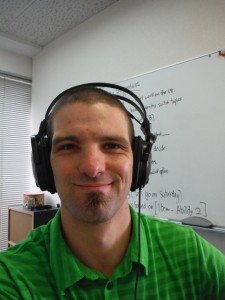 Language is always changing. Anyone who studies linguistics knows this fact well, anyone who has studied a 2nd language would also learn this in the process of acquiring proficiency in that language. For the average person, the changes that occur in any language can be seen over time- words you used when you were young are no longer in use, words you use now are new and weren’t around (or weren’t popular) when you were young. New words enter a language, old words fade away and eventually disappear. Meanings change, usage changes, popularity grows or wanes with each generation.
Language is always changing. Anyone who studies linguistics knows this fact well, anyone who has studied a 2nd language would also learn this in the process of acquiring proficiency in that language. For the average person, the changes that occur in any language can be seen over time- words you used when you were young are no longer in use, words you use now are new and weren’t around (or weren’t popular) when you were young. New words enter a language, old words fade away and eventually disappear. Meanings change, usage changes, popularity grows or wanes with each generation.
I recently read an article about the Japanese word “yabai”. Traditionally, this word meant “dangerous or risky”. Recently however, this word has had a news meaning: “especially great”. The new meaning is almost the exact opposite of the old meaning. The article, printed in The Japan News, explained that the new meaning has now been included in many dictionaries, thus is has been “officially” accepted. This word, it’s meaning and usage, like so many other words, is part of the change that happens within languages. Which meaning of “yabai” do you use most?
Languages are not static, they are fluid, living things and we must constantly update our knowledge, lest we fall behind. I love language learning and find this type of thing to be especially interesting. Having studied French and Japanese, as well as English, I have seen changes in all 3 languages within my lifetime and I always enjoy learning about new words, new meanings and new ways of using words. Language study is fun!
Leave a Reply